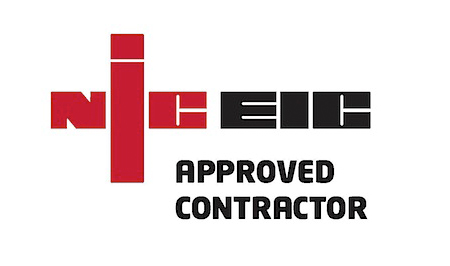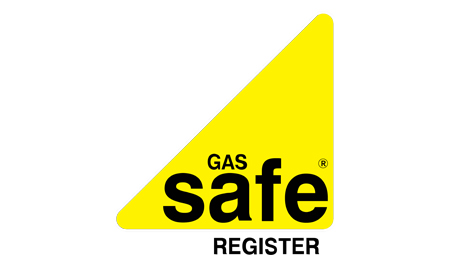Electric vehicle sales continue to grow at their fastest ever rate
With the installation of electric car charging points in the UK motorway/transport network lagging behind sales, many electric vehicle owners are opting to have an EV charging point installed directly at their home.
At Edmont, we take full control of your EV home charging installation process - we assess your property, provide a bespoke solution, supply and install all equipment, and can even provide guidance with grant applications. Our EV Charging service include:
• Design
• Supply
• Groundworks
• Installation
• Maintenance
• Grant application support
Installation
When it comes to installation, the following options are available:
• 3.6kW, 7kW power rating
• 22kW power rating (requiring a three-phase household electrical supply)
• Type 2 sockets or tethered versions
• Auto load management software which automatically changes your electrical supply to avoid overloading and returns charging to the fastest rate when more becomes available
Monitor Costs
You are also able to monitor your charging and costs online or via your secure app:
• Track your charging costs and every kWh that you have used
• Track overall usage for your account and by individual user
Electric Vehicle Homecharge Scheme (EVHS)
The ‘OZEV Grant’ is a government grant for electric vehicles provided by the Office for Zero Emissions (OZEV). Also known as the Electric Vehicle Homecharge Scheme (EVHS), the grant provides 75% off the cost of purchasing and installing a home charge point, up to a maximum of £350.
Available for most electric cars and plug-in hybrids cars, you can claim one charging point per eligible vehicle and up to two charging points per household. To qualify for the EVHS scheme, you must:
• Have purchased an eligible electric or plug-in hybrid vehicle
• Have off-street parking
• Use an OZEV -approved Home Charging Point installer
• Have the home charging point installed no sooner than 4 months before the car is delivered
To find out more about the OZEV EVHS, or to find out how to apply for an electric vehicle home charge point grant, take a look at the .Gov Website here. A regularly updated list of the vehicles which are eligible for the EVHS grant can be found here.
Electric Vehicle Home Charge FAQ’s
Accreditations
Why Choose Us
Our team of reliable and trustworthy electrical installers have over 50 years' experience in the trade. We pride ourselves on our reputation for delivering high quality work, offering unrivalled professional standards of workmanship, and our ‘no stress, no fuss, delivered right on time’ guarantee. As we recognise that every job is different, our trained and qualified team will work with you at every stage of design, cost, and project management.
Our team of experts offer a range of different skills, experience and trades covering Domestic Electricians, Plumbing, Fire and Security Services, and Domestic Electric Vehicle Charing Points. Edmont M&E work hard to deliver the ideal customer experience and are the first choice when choosing a professional EV Charging Point installer for your home.
We cover the South of England including Reading, Swindon, Bath, Bristol, Cardiff, Southampton, Bournemouth, Exeter and everything in between. So, if you’re looking for an Electric Vehicle Charing point installer near you, you know you’ve come to the right place.
For more details on Electric Vehicle Charging Points, how they work or the grants available, our team of experts are here to help – give us a call, get in touch today.
Talk To The Experts
The Edmont M&E team are on hand to help with all of your mechanical and electrical requirements. Whether you are looking for a friendly, reliable local tradesperson to work at your home, or a highly qualified and experienced M&E subcontractor for your next project - Edmont can help you with the right solution. Get in touch with our team today to find out more...












